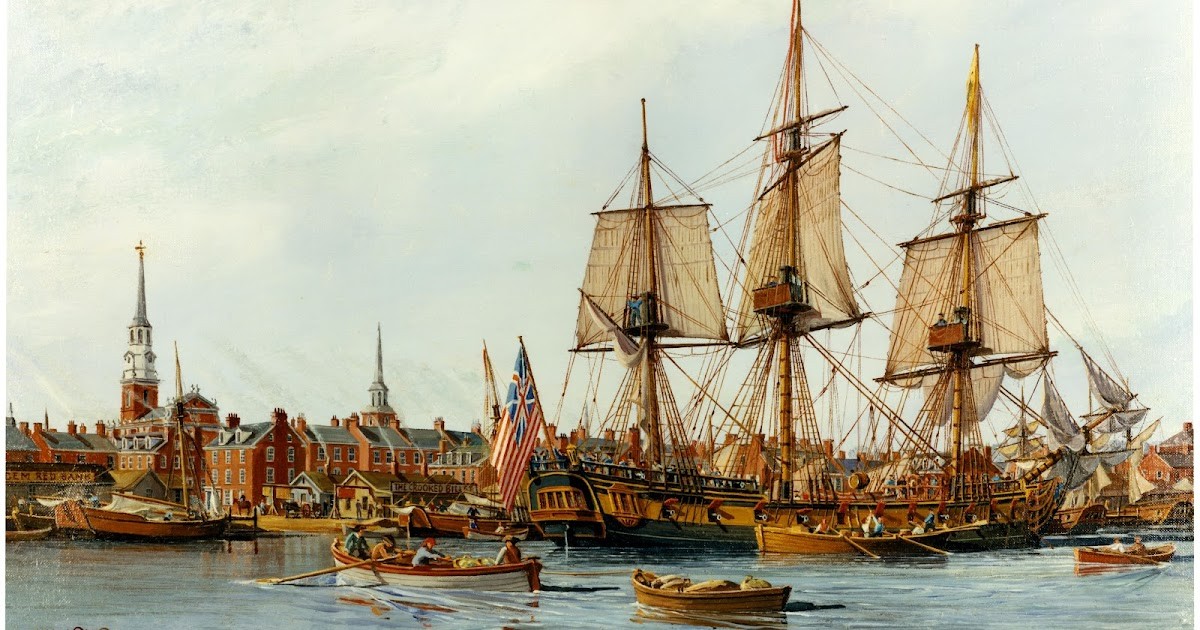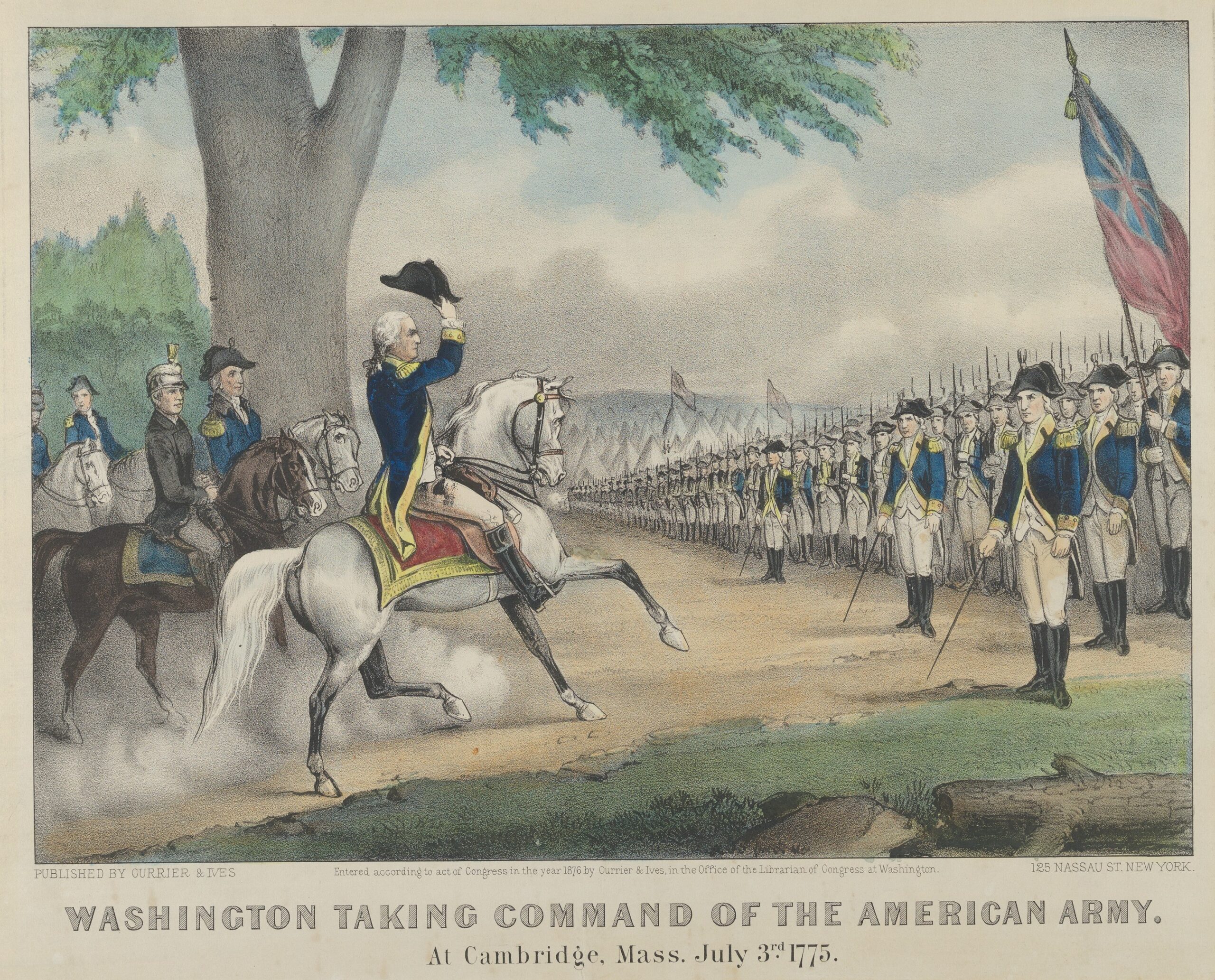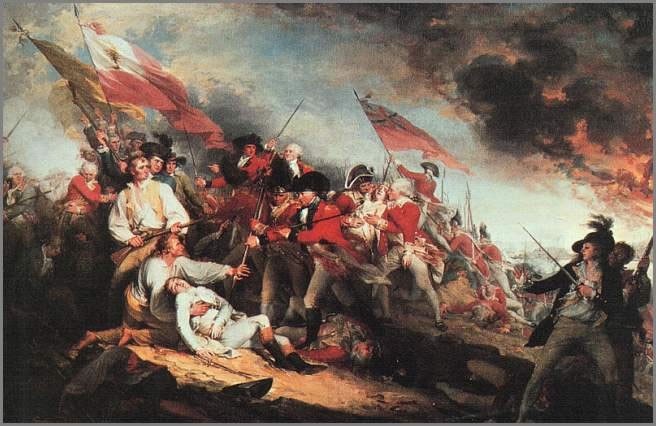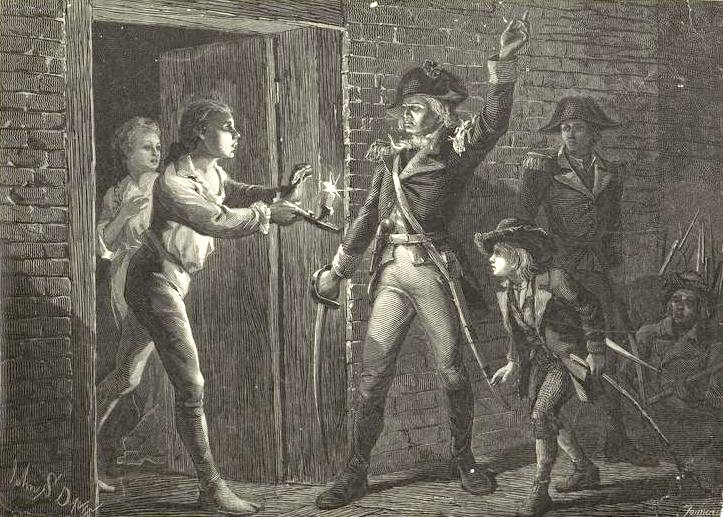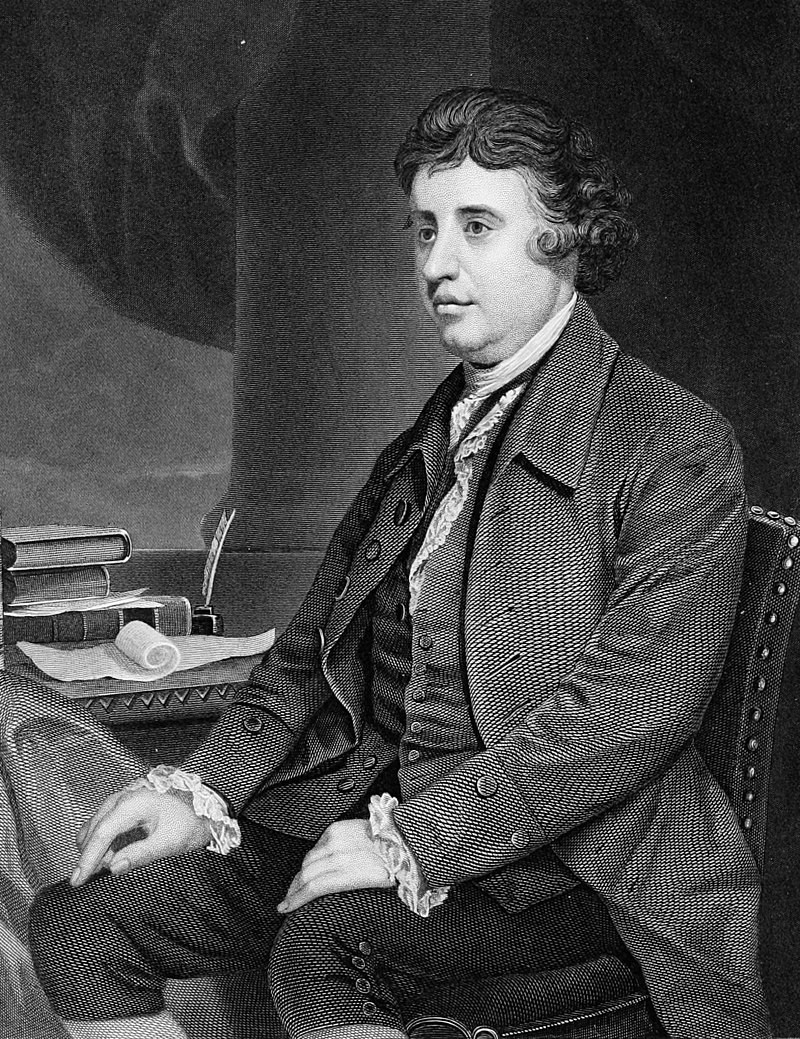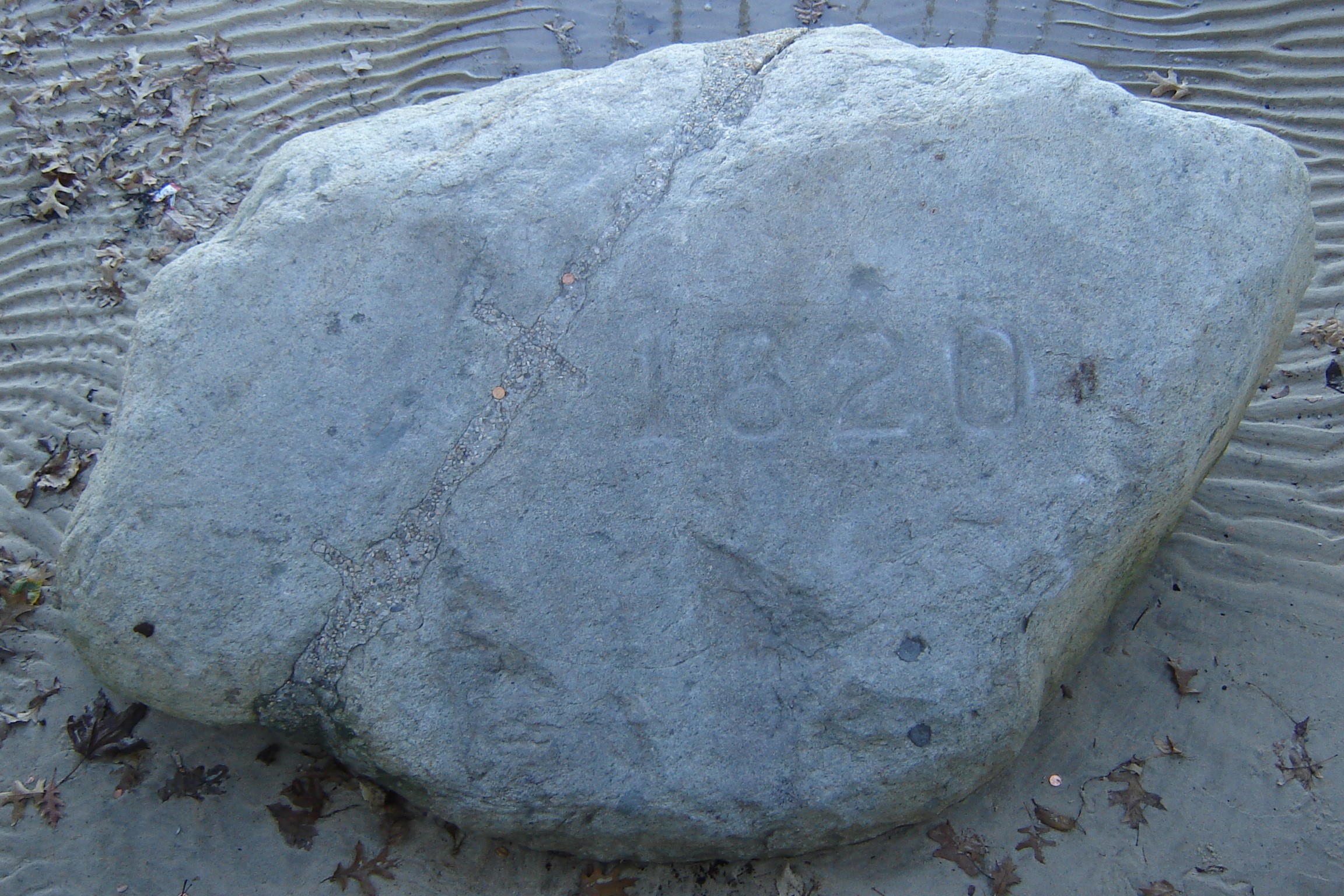On the Death of King James and Robert Cushman
William Bradford begins his journal for 1626 with the news that their pastor, John Robinson, had passed away the previous year. Roger White, a member of the Leyden Congregation, writes the letter to inform those in Plimoth that beyond losing their pastor, “…in England we have lost our old King James, who departed this life,…
Details




